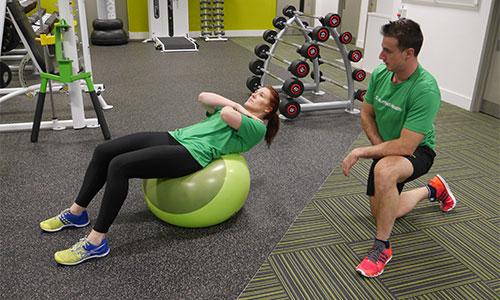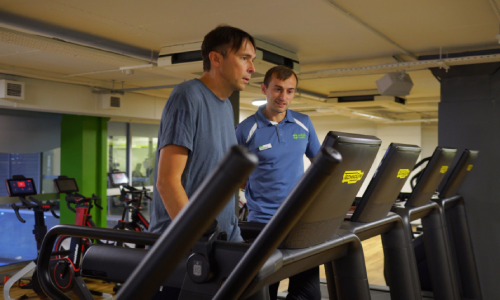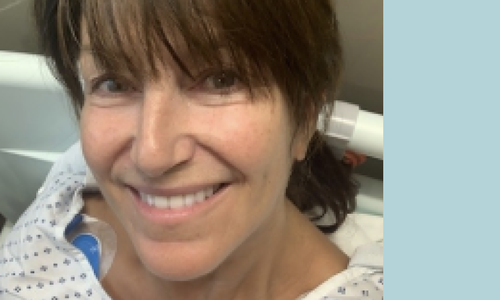Health and wellbeing articles
Our experts are bursting with knowledge that can help you hit your health and fitness goals. Browse our articles to find trusted information on training, nutrition, getting back to good health and much more.
Latest Articles

Updated: Friday 16 January 2026
Published: Friday 16 January 2026

Updated: Monday 12 January 2026
Published: Monday 15 December 2025

Updated: Friday 9 January 2026
Published: Friday 9 January 2026

Updated: Wednesday 7 January 2026
Published: Tuesday 2 September 2025

Updated: Monday 5 January 2026
Published: Monday 5 January 2026

Updated: Monday 15 December 2025
Published: Wednesday 5 August 2015

Updated: Monday 15 December 2025
Published: Tuesday 1 September 2015

Updated: Friday 12 December 2025
Published: Wednesday 19 August 2015

Updated: Friday 14 November 2025
Published: Friday 26 May 2017

Updated: Friday 14 November 2025
Published: Tuesday 4 June 2019

Updated: Friday 14 November 2025
Published: Wednesday 10 October 2018

Updated: Friday 14 November 2025
Published: Monday 23 October 2023

Updated: Friday 14 November 2025
Published: Tuesday 15 August 2023

Updated: Friday 14 November 2025
Published: Tuesday 7 February 2023

Updated: Friday 14 November 2025
Published: Thursday 23 November 2023

Updated: Friday 14 November 2025
Published: Wednesday 17 January 2024
Updated: Thursday 13 November 2025
Published: Thursday 13 November 2025

Updated: Monday 3 November 2025
Published: Monday 23 May 2016
Updated: Thursday 30 October 2025
Published: Thursday 30 October 2025

Updated: Tuesday 30 September 2025
Published: Tuesday 30 September 2025
